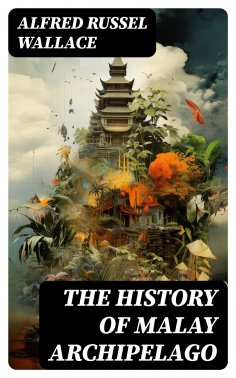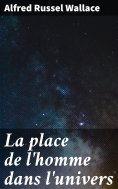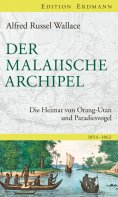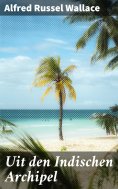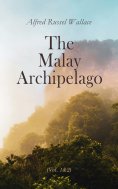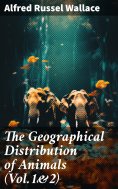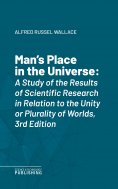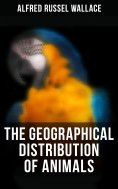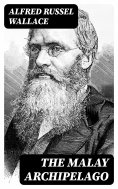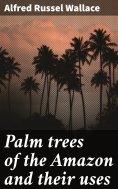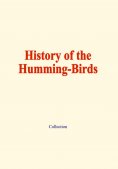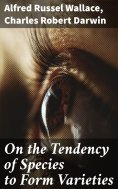The History of Malay Archipelago
Über das eBook
In "The History of the Malay Archipelago," Alfred Russel Wallace presents a meticulous exploration of the region's natural history, ecology, and the rich tapestry of its diverse cultures. His narrative intertwines empirical observation with a vivid literary style, showcasing his keen scientific insights while remaining accessible to the lay reader. Wallace's work emerges from the 19th-century backdrop of burgeoning scientific inquiry and imperial expansion, where the allure of exotic locales spurred both adventure and intellectual curiosity. The book not only serves as a compendium of detailed observations on the flora and fauna of the archipelago but also reflects on evolution and the impacts of colonialism on indigenous societies. Alfred Russel Wallace, a contemporary of Charles Darwin, was pivotal in the development of the theory of evolution through natural selection. His extensive travels, particularly in the Malay Archipelago, provided him firsthand experience and a deep appreciation for biodiversity. This journey was not merely academic; it was a pursuit driven by passion and a desire to understand the interconnectedness of life, which laid the groundwork for significant contributions to scientific thought. For readers intrigued by natural history, evolution, and the cultural complexities of Southeast Asia, Wallace's "The History of the Malay Archipelago" is indispensable. It invites you to walk alongside a pioneering thinker whose observations challenge and enrich our understanding of the natural world, offering insights that resonate in contemporary discourse on ecology and conservation.
Über den Autor
Alfred Russel Wallace (1823–1913) was a British naturalist, explorer, geographer, anthropologist, and biologist, whose work in the field of biogeography proved foundational to the development of evolutionary theory. A contemporary of Charles Darwin, Wallace independently conceived the theory of evolution through natural selection, which was detailed in his seminal work, 'On the Natural Selection' (1858). His extensive fieldwork in the Malay Archipelago led to the publication of 'The Malay Archipelago' (1869), a book that remains one of the most celebrated in the fields of biology and exploration, acting as an engaging account of his eight years of study and travel among the islands. It was here that Wallace identified the faunal divide now termed the Wallace Line, which separates the species of the Oriental region from those of Australasia, underpinning his significant contributions to zoogeography. Wallace's investigative rigor and his varied scientific interests also led him to author 'Contributions to the Theory of Natural Selection' (1870) and 'The Geographical Distribution of Animals' (1876). Noted for his modesty and his scientific approach to seemingly non-scientific subjects, Wallace's legacy extends beyond his biological insights, influencing future generations in matters of science, conservation, and social justice.
Produkt Details
Verlag: DigiCat
Genre: Sprache - Englisch
Sprache: English
Umfang: 542 Seiten
Größe: 870,3 KB
ISBN: 8596547720775
Veröffentlichung: 13. November 2023
